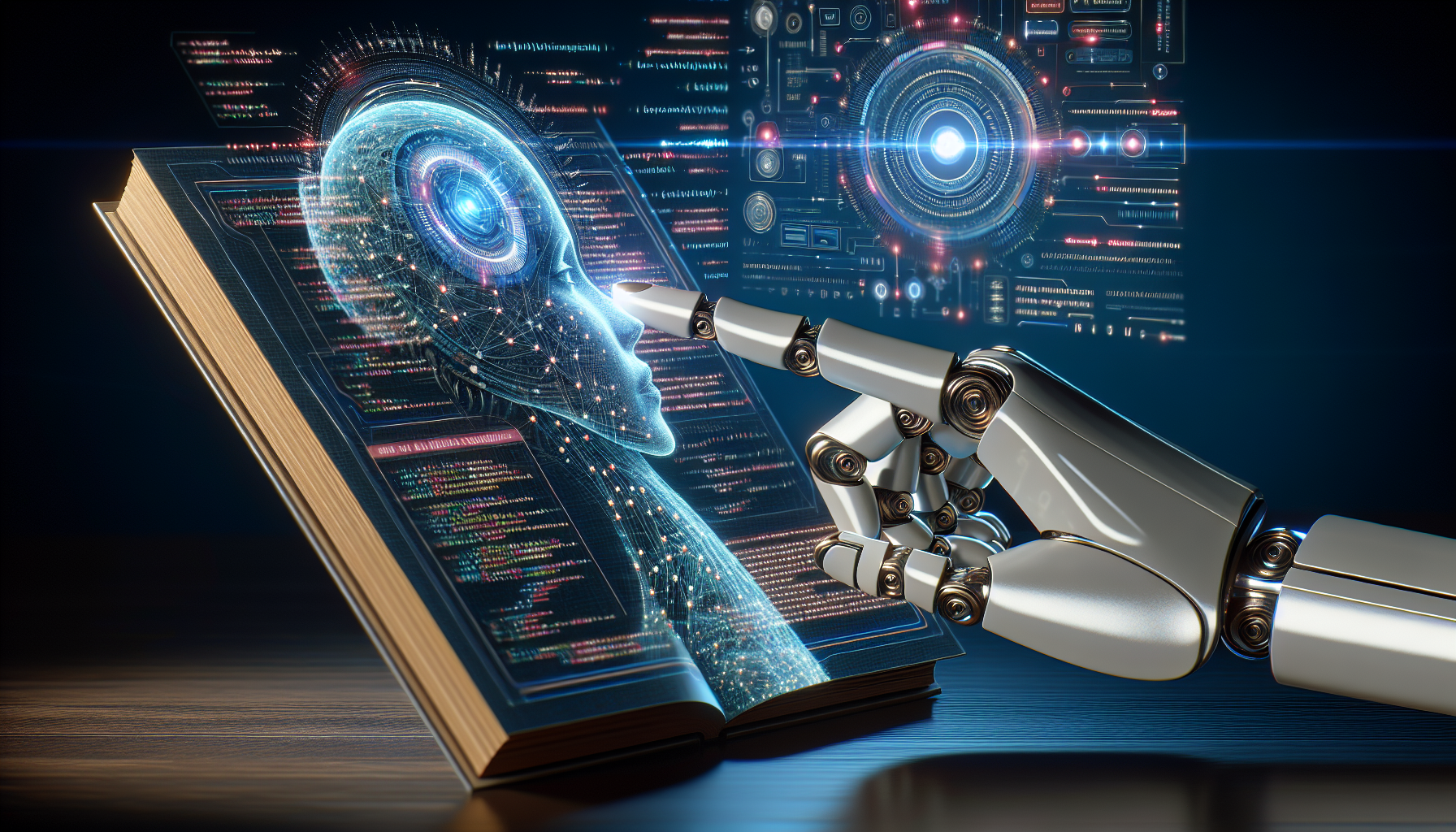
AI and Digital Marketing: A Historical Perspective on Targeting and Personalization Strategies
August 11, 2025
Artificial Intelligence (AI) has profoundly transformed digital marketing in ways that were once the realm of science fiction. The journey of AI from its conceptual beginnings to its current status as an indispensable tool in marketing strategies is both fascinating and complex. This historical perspective on AI's role in targeting and personalization sheds light on how technology has evolved to meet the ever-growing demands of marketers seeking to connect with consumers on a deeper level.
The concept of AI in marketing can be traced back to the initial development of data-driven decision-making processes. Early methods involved rudimentary data analysis, where marketers relied heavily on manual processes to identify consumer patterns. This era was characterized by broad, generalized marketing campaigns that often resulted in substantial waste of resources due to their lack of precision.
As computational power increased and machine learning algorithms began to emerge, the possibilities for AI in marketing expanded. These algorithms enabled more sophisticated data analysis, allowing marketers to move beyond basic demographic targeting. Predictive analytics began to play a pivotal role, offering insights that were previously unattainable. Marketers could now predict consumer behavior with a higher degree of accuracy, tailoring their strategies to align with individual preferences and needs.
The introduction of AI-driven recommendation systems marked a significant milestone in digital marketing. These systems, initially seen in e-commerce platforms, utilized collaborative filtering techniques to analyze user behavior and generate personalized product recommendations. This approach not only enhanced user experience but also significantly increased conversion rates, setting a new standard for personalized marketing strategies.
AI's role in digital marketing further evolved with the advent of natural language processing (NLP). By understanding and interpreting human language, AI systems could engage in more meaningful interactions with consumers. Chatbots and virtual assistants, powered by NLP, became integral to customer service strategies, providing instant and personalized responses to consumer inquiries. This technological advancement not only improved customer satisfaction but also freed human resources to focus on more complex tasks.
The integration of AI in programmatic advertising represented another leap forward, optimizing ad placements in real-time based on a multitude of factors. This technology allowed for hyper-targeted advertising efforts, reaching potential customers at precisely the right moment with the right message. By leveraging AI, marketers could dynamically adjust their strategies, maximizing the return on investment and minimizing ad spend wastage.
Data privacy concerns have also shaped the evolution of AI in digital marketing. As AI systems became more sophisticated in analyzing consumer data, the need for ethical considerations and stringent data protection measures grew. Marketers have had to balance the benefits of AI-driven personalization with the necessity of maintaining consumer trust. This challenge has led to the development of AI systems that prioritize transparency and user consent, ensuring that personalization does not come at the expense of personal privacy.
The progression of AI in digital marketing is also marked by the rise of sentiment analysis. This technique involves using AI to gauge consumer opinions and emotions from written or spoken language. By understanding sentiment, marketers can refine their communication strategies, ensuring that their messages resonate positively with their target audience. This capability has become increasingly important in an era where brand perception can be significantly influenced by social media interactions.
As AI continues to advance, its potential applications in digital marketing seem boundless. The ability to harness AI for even deeper personalization, such as anticipating future consumer needs or creating highly immersive and interactive marketing experiences, is on the horizon. However, this journey is not without challenges. The rapid pace of technological development necessitates continuous adaptation and learning for marketers and AI practitioners alike.
In examining the historical trajectory of AI in digital marketing, one cannot help but wonder about the future implications of this powerful technology. What new frontiers will AI explore in its quest to redefine the relationship between brands and consumers? As AI systems grow more intelligent and intuitive, the potential for innovative marketing strategies is limitless. The key will be in navigating the balance between technological advancement and ethical responsibility, ensuring that AI remains a force for good in the digital marketing landscape.


